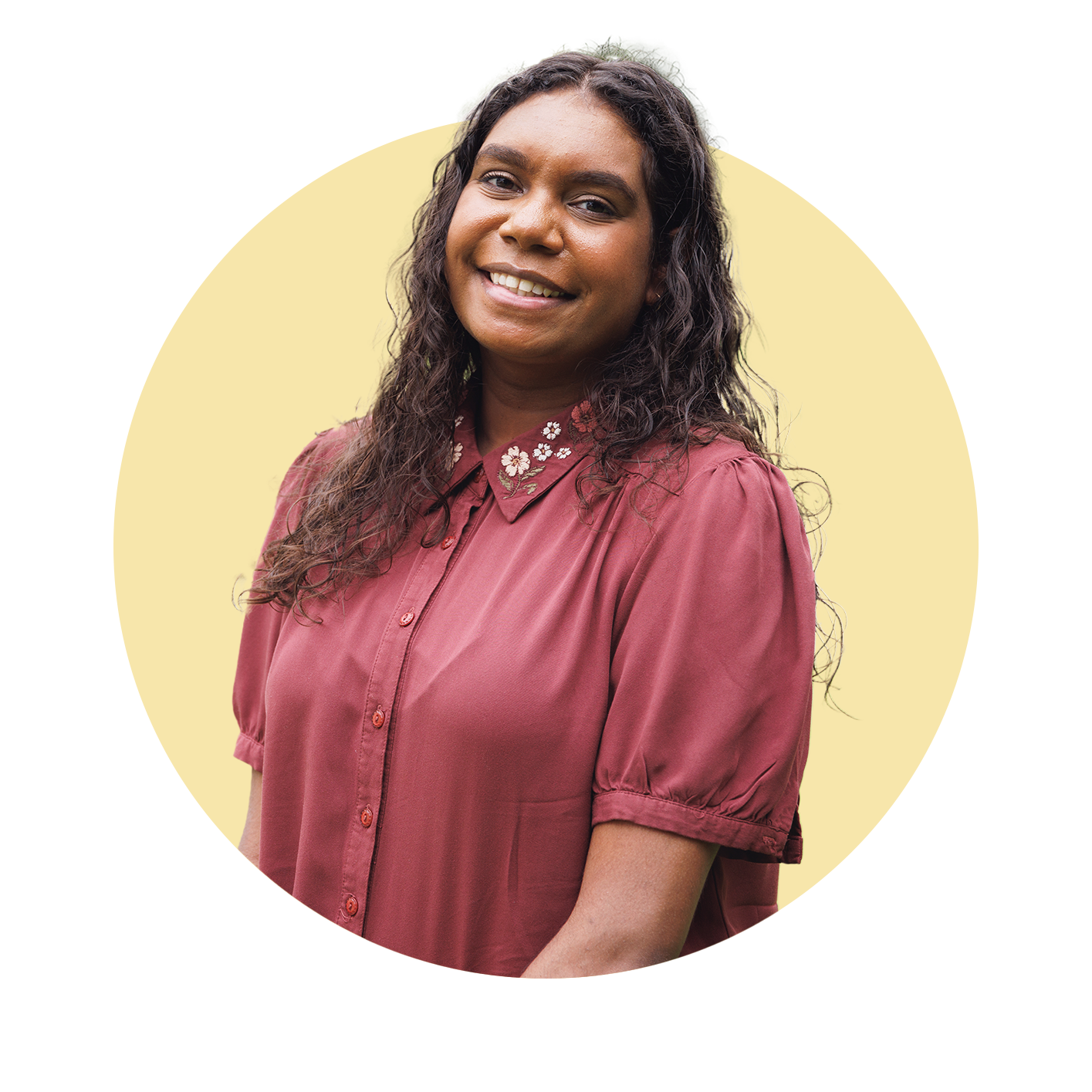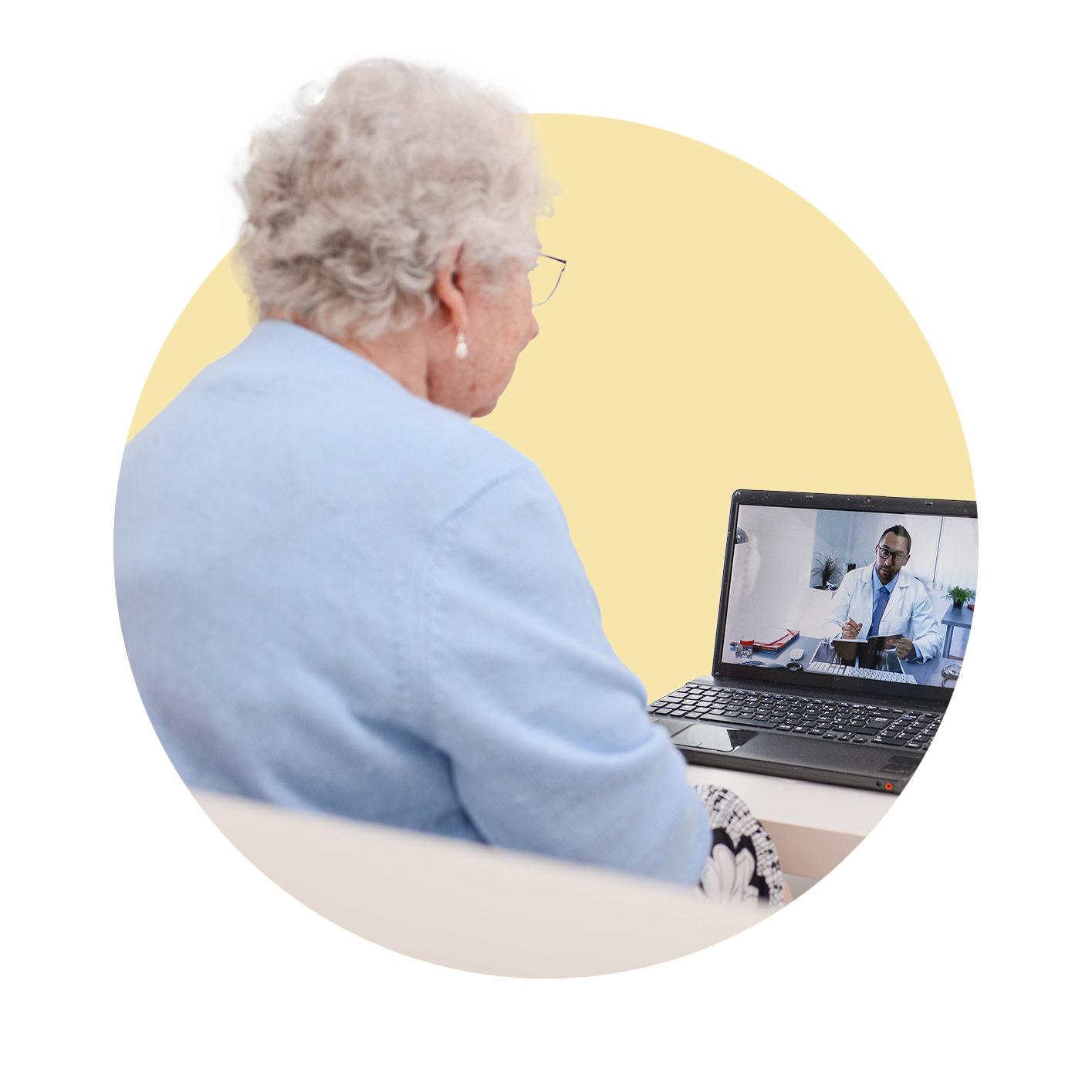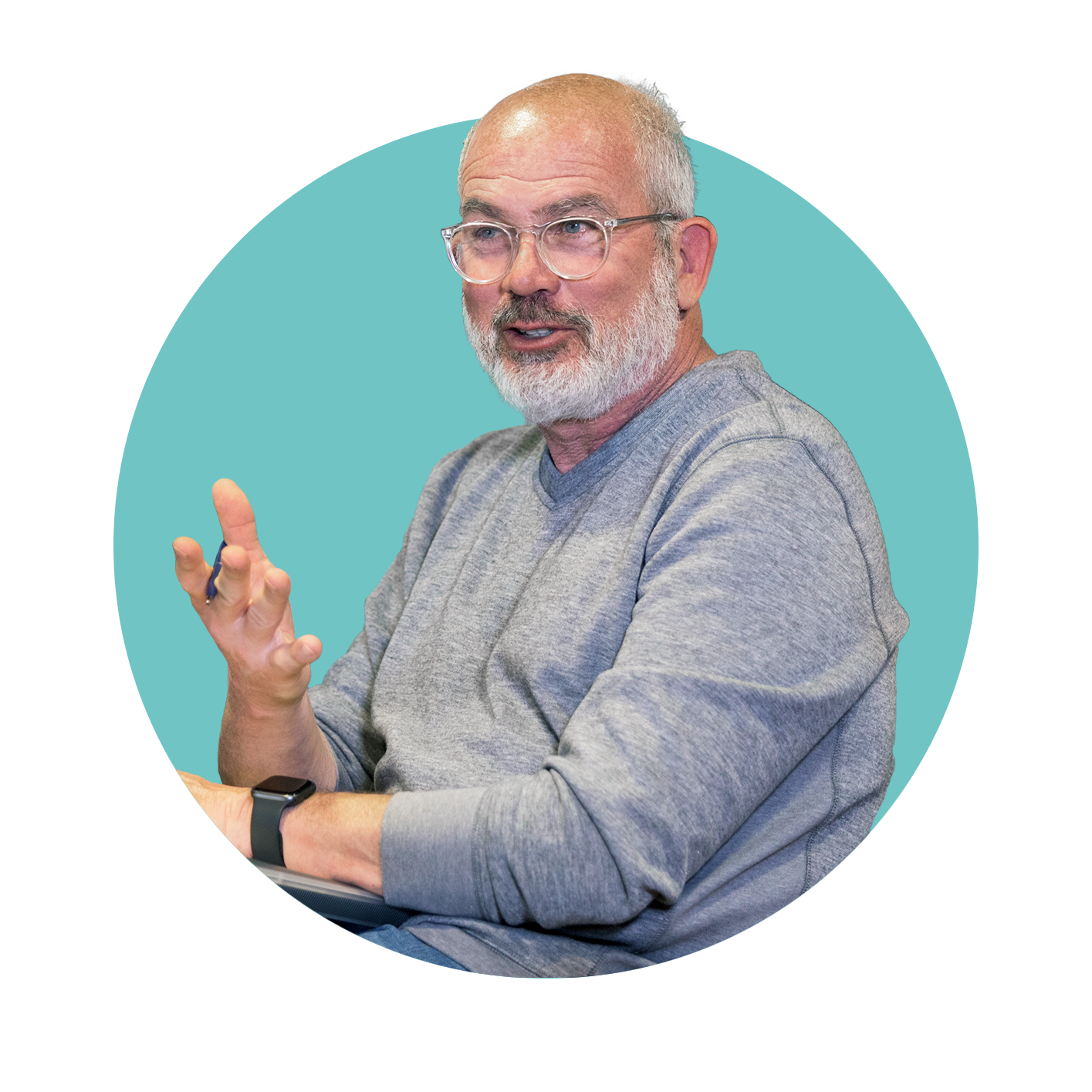Increasing cancer screening rates for First Nations peoples in South East Melbourne
Focusing on early detection and prevention, a spotlight on the new outreach program supporting First Nations participation in screening to reduce high rates of avoidable deaths from breast cancer.
Related Tags

SEMPHN’s 2022-2025 Annual Needs Assessment revealed low cancer screening participation among First Nations peoples in south east Melbourne.
Nearly three quarters of First Nations peoples reside in the outer regions of the SEMPHN catchment: Cardinia, Frankston, Mornington Peninsula and Casey, which is why SEMPHN commissioned Dandenong and District Aborigines Co-operative (DDACL) and Star Health to deliver the First Nations Cancer Screening Program – a new outreach program to support First Nations participation in screening.
Focusing on early detection and prevention, the First Nations Cancer Screening Program supports First Nations peoples to participate in cancer screening activities across south east Melbourne and focuses on three population-based cancer screening programs:
- Breast Screen Australia
- National Cervical Screening Program
- National Bowel Cancer Screening Program
A First Nations Community-Centred Approach
Some areas in south east Melbourne have high rates of avoidable deaths from breast cancer and low rates of participation in screening for breast cancer.
As part of the First Nations Cancer Screening Program, Dandenong and District Aborigines Co-Operative Ltd, strives to increase cancer screening among First Nations peoples by:
- Increasing awareness and understanding among community members
- Promoting the program among general practices as a referral pathway, and
- Providing practical support for community members to attend cancer screening appointments.
Dandenong and District Aborigines Co-operative Ltd. (DDACL), including the
Bunurong Health Service, is a local Aboriginal Controlled health organisation in south east Melbourne which offers a range of specialised services and programs for the Aboriginal community.
Talking all things Breast Health with Dandenong and District Aborigines Co-Operative Ltd
To coincide with Breast Cancer Awareness Month in October, the Co-Operative hosted a First Nations Cancer Screening Program event at Nairm Marr Djambana Gathering Place to discuss breast health, early detection, and prevention.
Women from the community shared their personal experiences with breast cancer, the screening process, and how they were supported through the program.
Breast Screen Victoria and Bunurong Health Service provided information tailored to First Nations women.
Working with local community artists to produce customised shawls, the project partners provided First Nations women with culturally appropriate, familiar and beautiful garments to wear during screening and to keep afterwards.
As part of a program that prioritises culture, connection, and the identification of safe spaces, the event led to increased awareness and engagement with cancer screening and exemplified how SEMPHN-funded programs are putting consumers at the centre of their care.
Reflections from participants which demonstrate its impact:
“The cultural shawl made my breast cancer screening experience truly special. It was not just warmth; it was pride in my heritage. The personal touch of artwork by a relative brought immense joy. Sharing it with my daughter will be priceless. Thank you to the First Nations Cancer Screening Program team.”
– Sarah, participant
“I was terrified to face cancer screening again, given my family history and past battle. But thanks to the support and encouragement from the FNCSP Coordinator, I found the courage to take that step. Knowing that I have their support every step of the way makes all the difference. Early detection saved my life once, and I trust it will again.”
– Alice, participant
“Thanks to the compassionate support from the First Nations Cancer Screening Program team, I finally booked my breast screening appointment. Their understanding of cultural barriers and willingness to provide assistance made all the difference. I'm grateful for their efforts in promoting cancer screening in our community.”
– Emily, participant
Showcasing Community Engagement in Cancer Prevention at the Ca-PRI Conference 2024
The Cancer and Primary Care Research International Network (Ca-PRI) is an open, multidisciplinary network for researchers in primary cancer care and related areas, with a mission to develop a greater understanding of the role of primary care in the prevention and management of cancer - to improve its delivery.
In April, this year SEMPHN’s Chronic Disease Management team welcomed the opportunity to present the community engagement activities of the First Nations Cancer Screening Program at the Ca-PRI CONFERENCE 2024: MELBOURNE CONNECT, Equity, Policy, and Transforming Care, hosted by The Primary Care Collaborative Cancer Clinical Trials group or PC4.
The Dandenong and District Aboriginal Co-operative Limited, showcased the effectiveness of the SEMPHN-funded cancer screening program and how this has led to increased cancer screening awareness and rates among First Nations peoples and communities.
Highlights from the First Nations Cancer Screening Program
Community and General Practice engagement:
Indigenous Health Promotion Officers conducted face-to-face visits with 50 local general practices.
The team held 70 First Nations Women’s and Men’s Group meetings, providing opportunities for discussions on the national cancer screening programs.
The team attended 63 community events, including barbeques, to engage informally about cancer screening.
Indigenous Health Promotion Officers staffed a booth at three community events to share information and resources on cancer screening programs.
Sexual Health Nurse:
Conducted individual consultations with 53 First Nations women, including discussions about cancer screening programs.
Provided opportunistic STI education and checks during consultations.
Community engagement and awareness activities focused on the importance of participating in cancer screening programs, while providing outreach support to community members to attend appointments as needed.
With the repetition of this messaging, more participation is likely and anticipated over time.
Breast screening client experiences:
“I had a good first breast screening experience. I went with the group, which was more comfortable than going by myself. I would tell anyone to get it done. I told my mum about it, and that it didn’t hurt, and now she is going to have her first breast screen too.”
– Tammy, Breast screening client
“My breast screening experience was very good. I found it to be friendly, accessible, and very supportive. The results were mailed to me quickly. I will return in two years’ time.”
– Karen, Breast screening client
“I had a good breast screening experience. While I attend a lot of medical appointments on my own, it was nice to have other people there.”
– Lorraine, Breast screening client
About cervical screening experience:
“My first cervical screen was a good experience. I liked the option to do a self-collection. The nurse at Access Health clearly explained what I needed to do. I will definitely screen again.”
– Jen, Cervical screening client
Up next:
Equipping residential aged care homes with telehealth capacity
An education program aimed at making after hours care more accessible to aged care residents.





